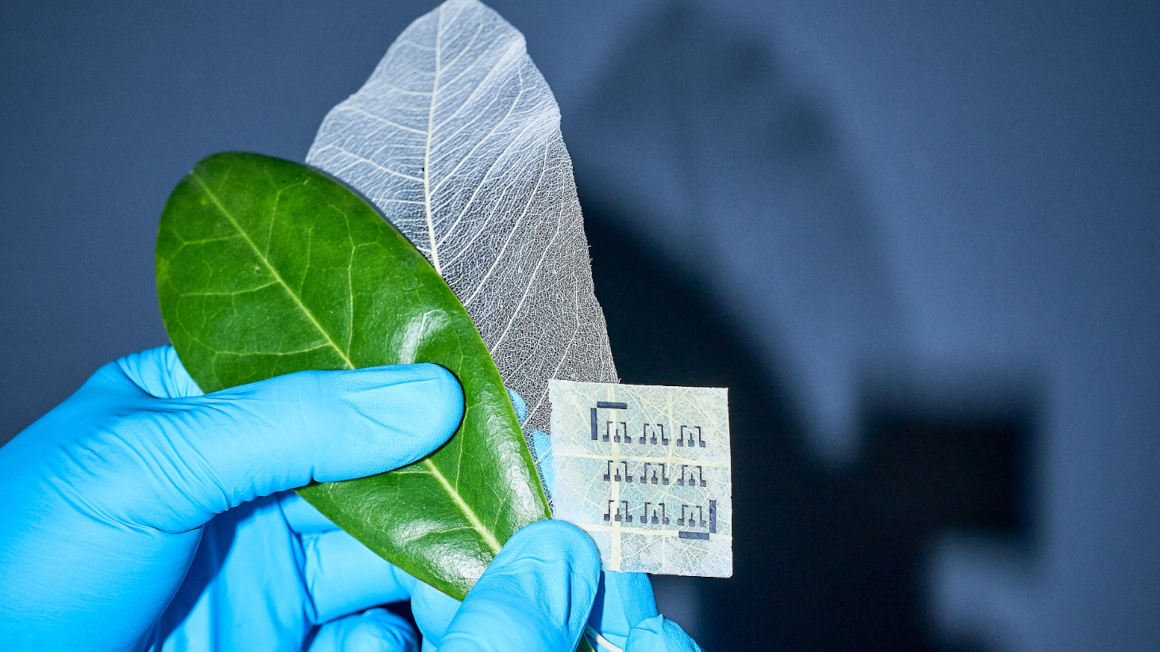Green chemicals from moss
A new EU project headed by Ralf Reski in Freiburg will promote the environmentally friendly production of specialty chemicals from genetically modified moss.

Mosses are the second largest group of land plants today, and arguably the oldest. For millions of years, these plants have been producing highly complex molecules out of simple chemical building blocks, in a sustainable, efficient and cheap manner. Many of these chemical substances are used in medicine and the perfume industry today.
Ralf Reski, Chair of Plant Biotechnology at the University of Freiburg, Germany, will be developing a variety of mosses as sustainable and fast-growing molecule factories in the MossTech project. As an EU-designated Innovative Training Network (ITN), the project will receive €1.6 million from the EU over the next four years as part of its Horizon 2020 program. Roughly €500,000 will go to the University of Freiburg.
Genome editing for moss
Reski and his colleagues were able to demonstrate that the genome of the moss Physcomitrella patens has roughly 10,000 more genes than the human genome, and that many of these genes are responsible for the synthesis of highly complex chemical molecules, including long-chain polyunsaturated fatty acids. The group has since developed genetic engineering methods that enabled them to change the moss genome in a targeted and precise manner. Similar to the tools used by Reski and his colleagues, genome editing methods using CRISPR-Cas9 technology on other plants and animals have been much publicised recently.
An international project combining academia and industry
The project’s coordinator is the Technical University of Denmark in Copenhagen, and participants include the University of Lund in Sweden, the Gulbenkian Institute in Portugal, and the companies Taxa Biotechnologies from the US, Transactiva from Italy, ArcticMass from Iceland, and Mosspiration Biotech from Denmark.
Of the six PhD students who will be involved in the MossTech project, two will spend a year at the University of Freiburg learning these methods before continuing to develop them for another two years with one of the project’s industrial partners in Denmark or Italy. The goal is to apply these methods to mosses that have not yet been researched in the hopes of cheaply and safely producing complex fine chemicals in genetically modified mosses.
jmr


